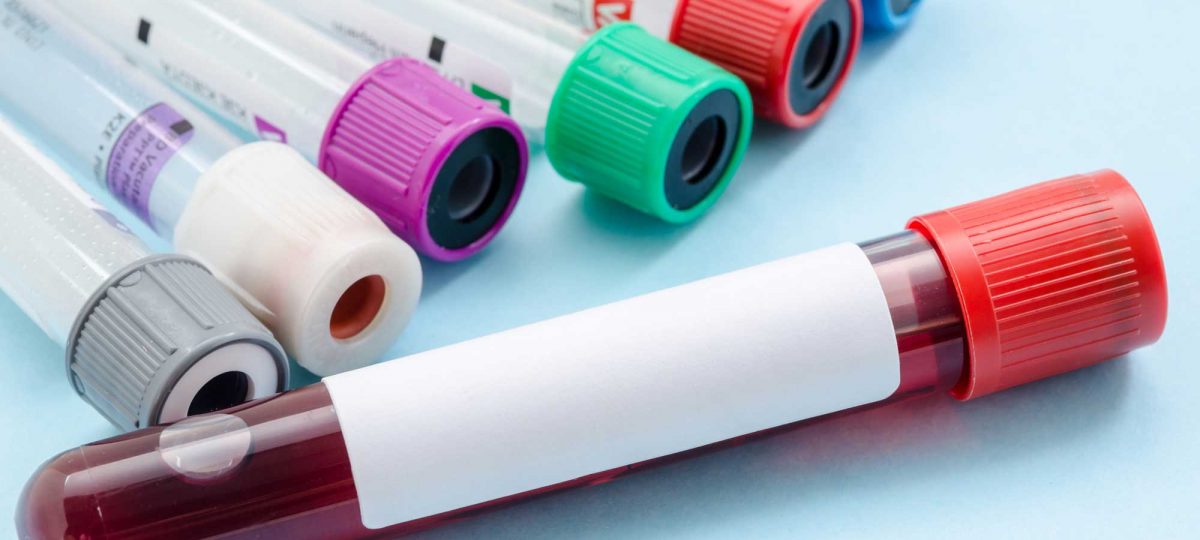Why it matters for patients
A biobank is a collection of biological material (e.g. animal, plant and human bacteria, etc.) that can be used for research purposes in medicine. These medical research biobanks contain samples from large numbers of people with the aim of looking for explanations on how genes and the environment interact in order to prevent disease or treat patients more effectively. They offer a unique insight into a variety of medical information, including genomic data, population-genetic data and molecular data, enabling us to understand more about the biology of cancers so that we can target them better. It is crucial to study human samples in order to offer better targeted treatment and diagnosis for current and future patients. Taking this into account, the ‘Biobanking: Frequently Asked Questions’ leaflet was created with the support of EurocanPlatform.
“Biobanking is incredibly important because it gives us access to primary material, giving us a real chance to see what tumours are actually like in patients”
Dr Andy Hall – Newcastle University, UK for ecancer.tvHow to make the most of this tool
EurocanPlatform is a European Commission funded project bringing together 28 European cancer institutions and organisations to work together on projects to help advance research and treatment. As a member of this platform, ECPC, along with our partner the European Organisation for Research and Treatment of Cancer (EORTC) compiled a document that provides Europeans affected by cancer with important knowledge to enable them to understand the importance and power of biobanking.
‘Biobanking: Frequently Asked Questions’ was created in collaboration with expert patient Margaret Wilcox from Independent Cancer Patients’ Voice with the aim of helping patients by providing them with key facts about the research and treatment. First and foremost, it starts with exploring what exactly a biobank is before going into the more complex issues and looking at the advantages for patients, the issues that can arise with personal data and donating a sample, how they gain and also the risks. Using this will provide patients and those around them with the knowledge needed to make informed decisions in taking their health forward.

